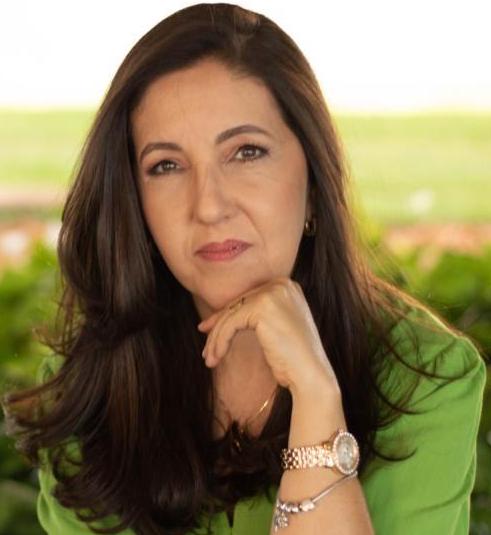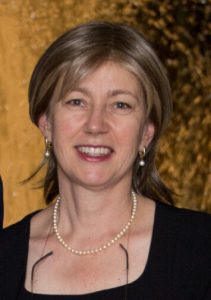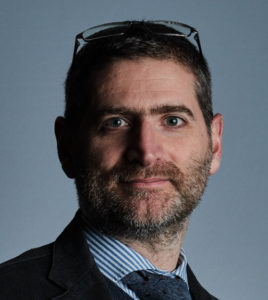Portuguese Colonization, Catholic Faith, and the Relativization of Secularism in the Jurisprudence of Brazil’s Supreme Court

Ana Cristina Melo de Pontes Botelho is a research professor at the Center for Comparative Constitutional Studies and a collaborating professor at the University of Brasília.
The Role of Portuguese Catholic Colonization in the Emergence of the Brazilian Nation
With the Portuguese colonization of Brazil, Franciscan priests and members of other religious orders were sent to catechize the indigenous inhabitants of the region. The Portuguese brought with them the culture of the June festivals dedicated to various saints, including Saint John, Saint Peter, and Saint Anthony of Padua, a Portuguese Catholic priest and friar of the Franciscan Order, who died on 13 June 1231.


